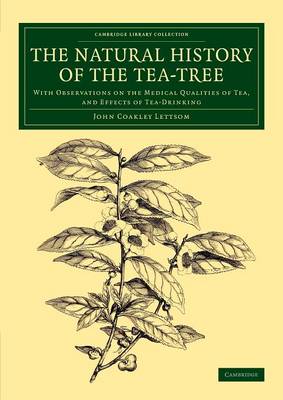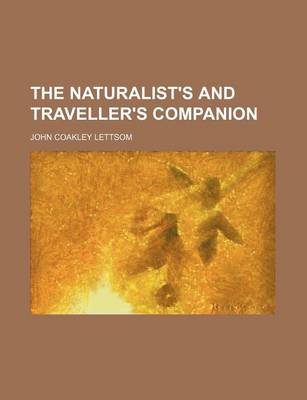Cambridge Library Collection - Botany and Horticulture
2 total works
This treatise on the tea bush and the consumption of tea was published in 1772 by John Coakley Lettsom (1744–1815), a physician and philanthropist, whose first action on inheriting his family plantation in 1767 was to free all its slaves. He practised medicine in London, and wrote on topics which he felt would benefit society. The book begins with a description of the plant, using the Linnaean system, discussing tea cultivation and harvesting in China, and the preparation of the leaves for use locally and abroad. In Part II, Lettsom turns to the medical uses of tea, lamenting that so little scientific evidence exists for either its beneficent or its malign properties. After performing various experiments and considering the physical and social consequences of tea-drinking, he concludes that it should be avoided, because its enervating effects lead to weakness and effeminacy, advice which mostly fell on deaf ears.
First published in 1772 and reissued here in its 1799 third edition, this work was intended to provide the traveller with advice on collecting and preserving scientific specimens, and on pursuing intellectual investigations. John Coakley Lettsom (1744-1815) was a physician and philanthropist, and on inheriting his family plantation in 1767, his first action was to free all its slaves. He practised medicine in the West Indies and in London, and wrote on topics which he felt would benefit society. This book is divided into two parts, the first describing methods of forming collections of insects, birds and animals, seeds and plants, and minerals. The second part suggests the sorts of questions and enquiries the traveller should ask about the writings, culture, religion, history and natural history of the lands he is visiting. This offers a fascinating insight into the approach and expectations of the educated traveller in the eighteenth century.

